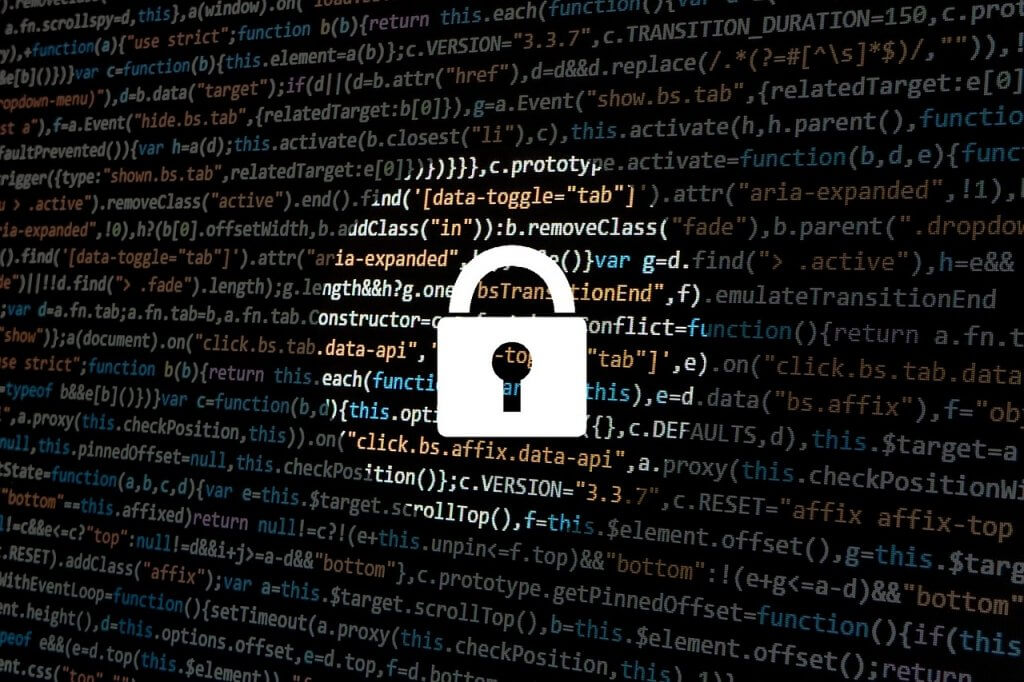The Government plans to introducea reform mandating the payment of superannuation on payday, which it believes will have a positive impact on the retirement incomes of millions of Australians.
As of July 1, 2026, employers will need to pay their employees’ super at the same time as they are paid. By doing so, they believe it will strengthen Australia’s superannuation system and enable a more dignified retirement for more workers in Australia.
For example, if a 25-year-old, with a median income were to switch to payday super, while receiving both their super alongside their wages, they could be $6,000 or 1.5% better off than when they reach retirement age.
It is claimed employers will experience a smoother payroll management with fewer accumulated liabilities on their records as a result of the more frequent super payments.
It will not only simplify the process of monitoring and managing superannuation payments for employees but also enhance protection against potential exploitation by disreputable employers.
According to the estimates of the Australian Taxation Office (ATO), approximately $3.4 billion worth of super went unpaid in years 2019-20, despite the majority of employers fulfilling their obligations.
The Government has allocated additional resources to the ATO to further strengthen the system and help detect unpaid super payments at an early stage. Furthermore, the Government plans to establish higher targets for the ATO in terms of recovering outstanding superannuation payments.
In the second half of 2023, the Treasury and the ATO will engage in close consultation with both industry representatives and stakeholders, regarding these proposed changes.
With the start date being July 1, 2026, this will hopefully allow employers, superannuation funds, payroll providers, and other parts of the superannuation system time to adequately prepare for the implementation of the reform.
For more information about these measures click here.





 Fair Work Australia has released on their website that they will soon be amending the Fair Work Act to introduce paid family and domestic violence leave. This blog summarises the key points of this new leave entitlement as outlined by Fair Work Australia.
Fair Work Australia has released on their website that they will soon be amending the Fair Work Act to introduce paid family and domestic violence leave. This blog summarises the key points of this new leave entitlement as outlined by Fair Work Australia. With recent high profile cyber crimes being committed it is no wonder that this is now a priority for both businesses and consumers. Recently the ACSC Annual Cyber Threat Report (July 2021 to June 2022) was released to provide advice for businesses and consumers to protect themselves. An article by Accountants Daily highlighted some of the key aspects of this report.
With recent high profile cyber crimes being committed it is no wonder that this is now a priority for both businesses and consumers. Recently the ACSC Annual Cyber Threat Report (July 2021 to June 2022) was released to provide advice for businesses and consumers to protect themselves. An article by Accountants Daily highlighted some of the key aspects of this report.

